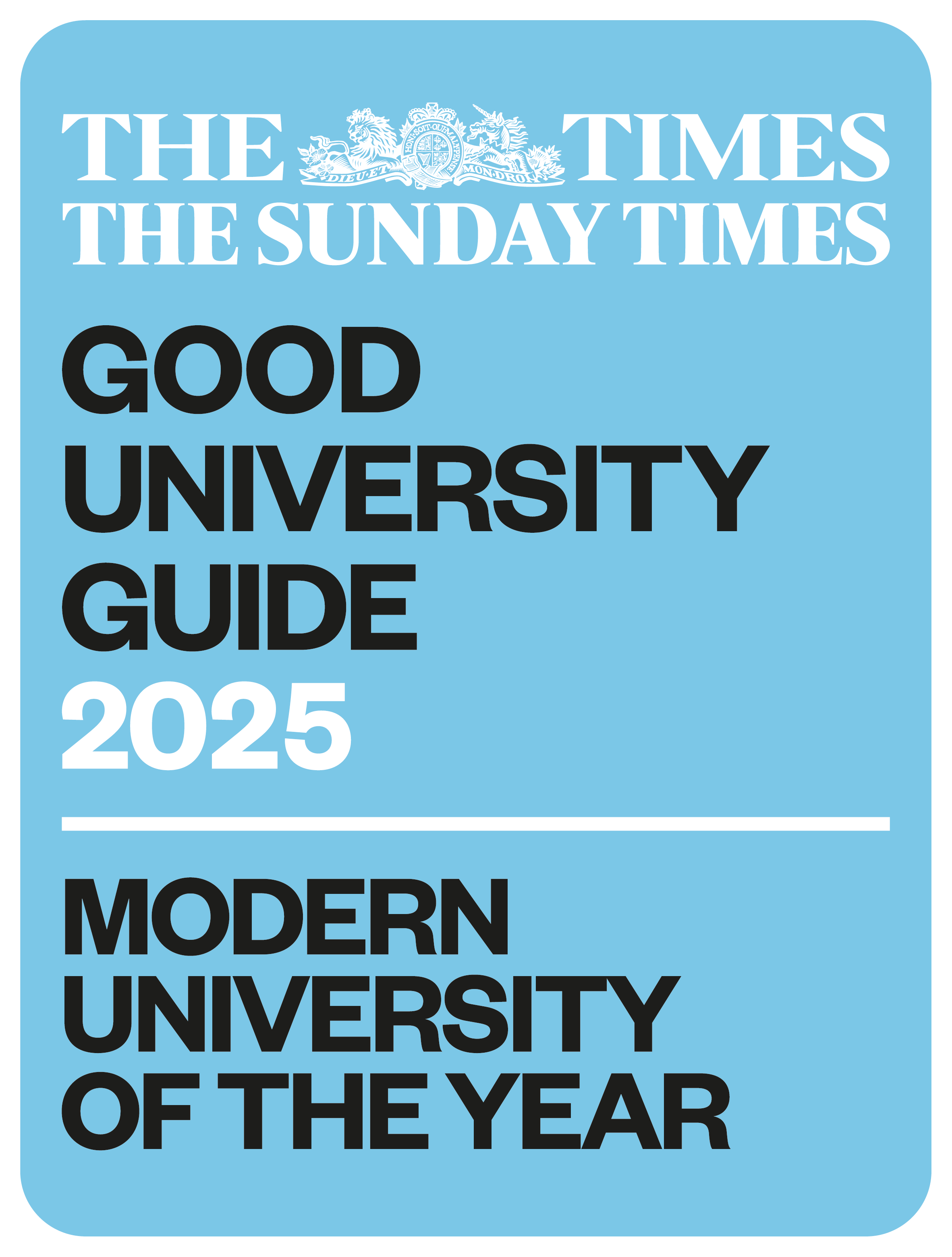This course equips you with a solid foundation in both mathematics and finance, blending theory and practical skills, with the option of a placement year for hands-on experience.
From the start, you’ll dive into the world of financial decision-making, using mathematical tools to tackle complex challenges. Whether you're deciphering market trends or optimising investment strategies, you'll build sharp analytical and problem-solving skills.
As you progress, you will have the opportunity to apply advanced methods to real-world financial problems and examine topics such as investment strategies and risk management in financial institutions.
The final-year project lets you investigate a financial mathematics topic in depth, building your research and technical skills. Throughout your course, industry-relevant software and tools are available, including AI, to prepare for a range of careers or further study.
You will be encouraged to build a diverse skill set - from analytical thinking to AI and computing – providing a strong launchpad for a wide variety of career paths
 Option for Placement Year
Option for Placement Year Option for Study Abroad
Option for Study Abroad








